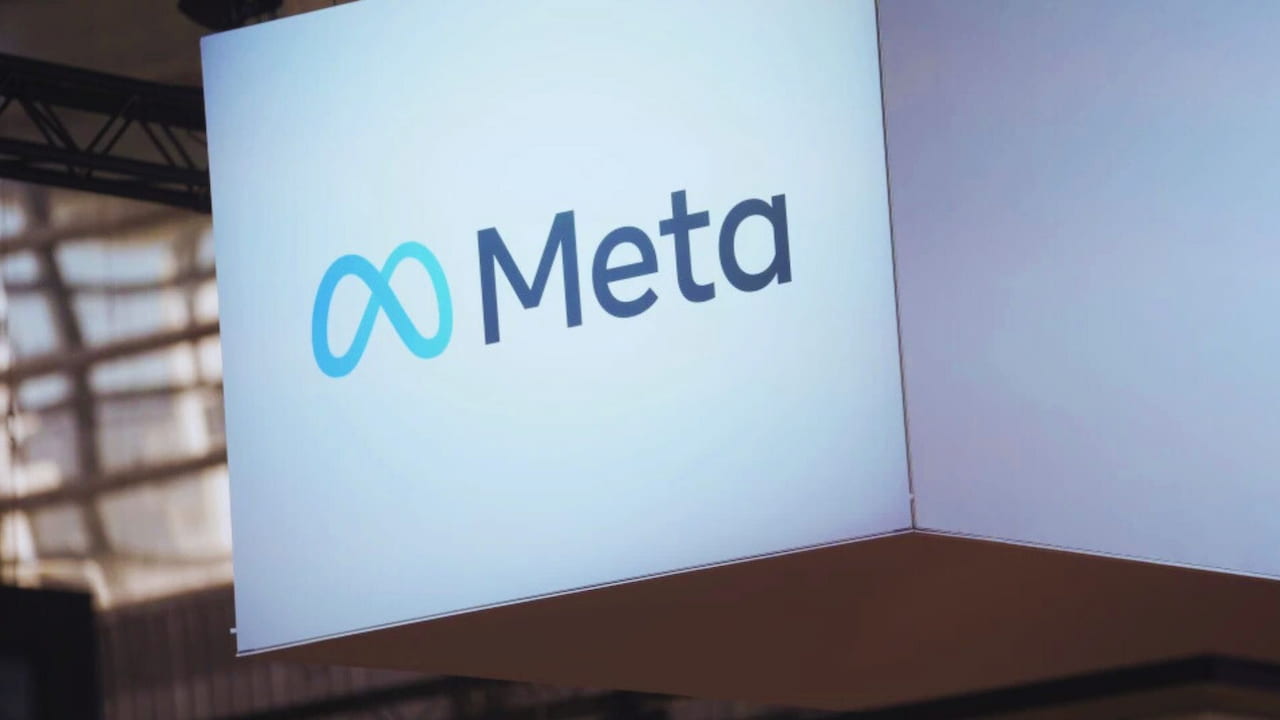Meta Faces Historic $840M EU Fine Over Facebook Marketplace Dominance
European Union regulators have hit Meta, the tech giant formerly known as Facebook, with a staggering €800 million ($840 million) fine for allegedly misusing its market power to unfairly boost Facebook Marketplace. The decision marks another significant clash between Big Tech and EU regulators in their ongoing battle over digital market competition.
The Core of the Controversy
European Union regulators found that Meta broke competition laws by:
- Facebook Marketplace is bundled with its main social network.
- The system automatically exposes users to the marketplace, regardless of their preferences.
- It leverages the ad data of its rivals to enhance its own market standing.
- This creates an unfair advantage over rival classified ad services.
Margrethe Vestager, the EU’s competition chief, emphasized that Meta’s practice of linking Marketplace to Facebook’s social network gave the company advantages that other online classified ads services couldn’t match. “This is illegal under EU antitrust rules,” she stated firmly.
Meta’s Defense and Response
The tech giant is not taking the decision lightly. Meta has announced plans to appeal, arguing that:
- Genuine consumer demand led to the creation of the marketplace.
- Users choose to use Marketplace voluntarily.
- The service hasn’t hindered competition from established players like eBay and Vinted.
- The EU failed to prove any actual harm to competitors or consumers.
“Facebook users can choose whether or not to engage with Marketplace, and many don’t,” Meta stated in its defense. “People use Facebook Marketplace because they want to, not because they must.”
Broader Implications for Big Tech
This fine represents more than just another regulatory penalty. It signals:
- The market expansion strategies of tech giants are under increasing regulatory scrutiny.
- The EU is committed to limiting big tech companies from leveraging their dominance.
- Future cases involving platform bundling could potentially set a precedent.
- The emphasis on data usage and competition in digital markets has intensified.
The timing is particularly significant as it marks one of Margrethe Vestager’s final acts before her term ends at the European Commission. Her successor, Teresa Ribera, will inherit the ongoing challenge of balancing tech innovation with fair competition.
Global Context and Future Outlook
The case highlights the growing global push to regulate big tech companies:
- Meta faces similar investigations worldwide.
- Data protection violations previously resulted in a €1.2 billion fine for the company.
- The US Federal Trade Commission is pursuing antitrust action against Meta.
- Questions remain about future tech regulation under changing political landscapes.
Market Impact and Industry Response
The decision has sent ripples through the tech industry:
- Other platforms are reviewing their bundling practices.
- Competition in the online marketplace sector may see shifts.
- Smaller classified ad services might gain more breathing room.
- Tech companies may need to rethink their expansion strategies.
As this story continues to unfold, the focus will be on Meta’s appeal process and the potential reshaping of how tech giants integrate new services into their existing platforms. The case could set crucial precedents for future digital market regulation and competition policy in the EU and beyond.
